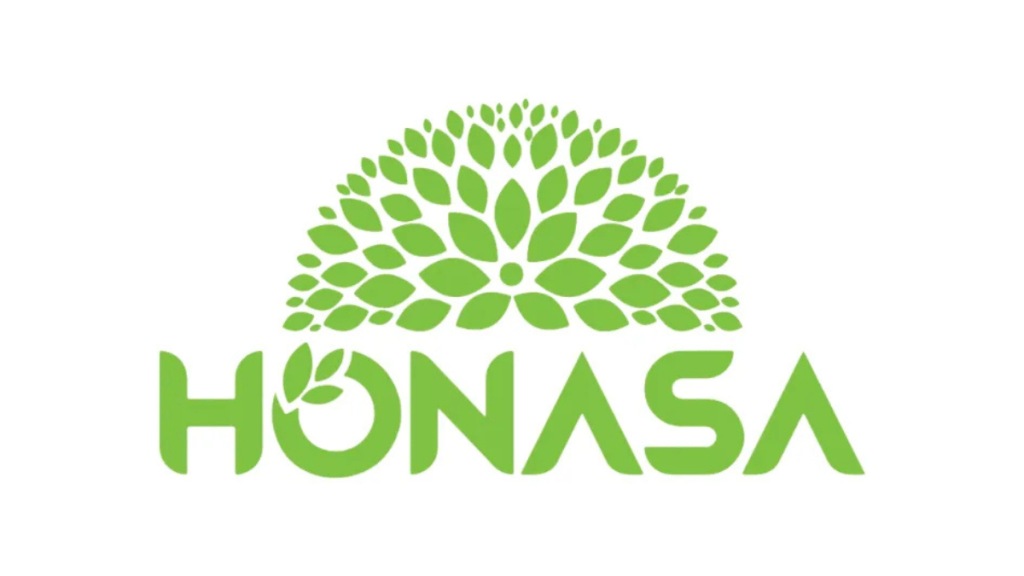Honasa Consumer, the parent company of beauty brands such as Mamaearth, The Derma Co, and BBlunt, is preparing for its next phase of expansion with a focus on tech-enabled skincare devices, reported ET. The pivot comes as sales growth of its flagship brand, Mamaearth, shows signs of moderation.
According to people familiar with the company’s strategy, Honasa is evaluating categories such as laser masks, LED light therapy devices, face massagers, and facial rollers, a marked shift from its current product mix of traditional beauty and personal care offerings. The move signals a broader ambition to tap into the emerging beauty electronics segment, where growth is being driven by higher disposable incomes and increasing demand for at-home grooming solutions.
In FY25, Honasa reported an 8% rise in operating revenue to Rs 2,067 crore. However, net profit declined to Rs 73 crore from Rs 111 crore a year earlier, largely attributed to restructuring in its offline distribution network.
Recalibrating focus
While Mamaearth continues to contribute to the topline, sources indicated that future growth is expected to come from Honasa’s newer brands, which are being scaled with sharper propositions in mind. “Mamaearth is growing at its own pace, particularly offline,” one of the people cited said. “In the online space, however, the company is prioritising brands like The Derma Co and Dr Sheth’s in certain categories, including face washes and sunscreens.”
Honasa’s younger portfolio, including brands like Aqualogica and Staze (its colour cosmetics venture), grew over 30% year-on-year in FY25, founder and CEO Varun Alagh said in an analysts’ call on May 22.
“There are new categories and portfolios that each of the brands are building,” Alagh noted, “and we are focusing on making sure they win both from a product superiority and consumer insight standpoint.”
Beauty tech: An emerging frontier
The beauty device segment in India, though nascent, is fast expanding. According to IMARC, the domestic market stood at $1.8 billion in 2024 and is projected to reach $6.8 billion by 2033, a CAGR of nearly 16%. Factors such as consumer interest in non-invasive treatments, technology-driven skincare, and social media-fuelled awareness are accelerating adoption.
The field, however, is becoming increasingly competitive, with both global majors and local startups vying for attention. Companies like Panasonic, Philips, House of Beauty and Numour have already carved out niches in use-cases ranging from anti-ageing to scalp care.
According to NielsenIQ data cited by ET earlier this year, the number of electronic grooming and skincare brands available online in India rose to 571 in 2024 from 399 in 2022. In contrast, only 154 brands were available through offline retail channels.
Building for scale
With Honasa’s brand engine already firing across multiple touchpoints, including personal care, dermatology, and now beauty tech, analysts say the diversification move is timely. “The overall slowdown in single-brand growth often forces a portfolio player to broaden its lens,” said a senior FMCG analyst with a Mumbai-based brokerage. “If executed well, this could open up a high-margin segment.”
